Literacy for drug addicts
 |
Students are examined, treated, given diet and labor therapy in accordance with drug addiction treatment procedures. |
Currently, Bac Lieu Drug Rehabilitation Center is managing, caring for and treating more than 460 students. Immediately after taking over, officers and soldiers quickly approached the work, implementing activities according to the new model, ensuring that all work takes place stably and without interruption.
Identifying that reading and writing are fundamental factors to help students improve their awareness, access knowledge and law, the Base Command conducted a review and discovered 62 illiterate students - most of whom are in difficult circumstances, aged 18 to 46, and have not had the opportunity to study since childhood. From there, the Base organized the opening of an illiteracy eradication class right at the unit.
Lieutenant Colonel Nguyen Tan Dat - Deputy Head of the Drug Crime Investigation Police Department, Bac Lieu Provincial Police said: "Implementing the Decision of the Minister of Public Security promulgating the Drug Addiction Treatment Process at drug rehabilitation facilities, the Bac Lieu Provincial Police force has urgently deployed many solutions to improve the quality of drug rehabilitation work. In addition to maintaining management, education, care and treatment activities for students as before, we pay special attention to tightening discipline and order in internal affairs; seriously organizing flag-saluting ceremonies, collective activities, evaluating the situation and results of activities every week.
In particular, we strengthen comprehensive education , not only focusing on vocational training and behavioral rehabilitation orientation, but also implementing literacy classes right at the drug rehabilitation facility. This is a practical work, contributing to helping students learn to read and write, raising awareness and capacity to access information. Thereby, creating favorable conditions for them to learn a trade, find a job after completing the drug rehabilitation program, contributing to preventing relapse and stabilizing their lives in the long term."
 |
Drug rehabilitation facilities also pay special attention to vocational training and career guidance, helping students increase their chances of finding employment when they return to reintegrate into the community. |
The class is organized according to the literacy program of the Ministry of Education and Training, lasting 6 months with 600 lessons including Vietnamese and Math for grades 1 and 2. The facility is also fully equipped with books, pens, rulers... to help students study with peace of mind.
Although they have never taught a class before, many staff members at the facility still volunteer to teach. They proactively learn teaching skills, seek easy-to-understand teaching methods, and are suitable for older students, slow learners, and some who can only speak their own language. In addition to teaching, staff members also act as companions, encouraging students to overcome their inferiority complex.
Student Kim Phat Dat shared: “Since I was young, my family was in difficult circumstances, so I had to drop out of school early to work for a living. My life then slid into addiction, and at times it seemed like there was no way out. But when I entered the Rehabilitation Center, the staff held my hand and taught me each letter, I was moved and happy. Now, I can write my name - something I never dared to think of before. I hope that in the future, I will be able to read documents, understand information and access social services, so that I can confidently return to my family and fully integrate into the community.”
Not only teaching, the Center also actively coordinates vocational training, career guidance, job introduction, helping students gain more skills and careers when returning to the community. Models such as processing handicrafts from plastic rope, weaving and water hyacinth; growing vegetables, raising animals... are organized right at the Center. In addition, students are also disseminated the law, physical training, learning team regulations to increase discipline and improve health.
 |
The staff at the Rehabilitation Center "transformed" into teachers to teach each child the first letters. |
Student Pham Van Xuan confided: “In our daily activities at the facility, we are examined, treated, cared for, provided with a diet, and participate in therapeutic labor according to the drug addiction treatment process. In addition, students also learn to read and write, participate in specialized activities on ethics, responsibility to family and society, and the harmful effects of drugs, and at the same time, train physically through sports activities and team command training. I promise to make constant efforts and be determined to successfully quit my addiction. After completing the treatment period, I will try to work, live better, and make up for the mistakes I have made.”
Eradicating illiteracy for drug addicts is not only a humane act, but also clearly demonstrates the innovation in drug addiction treatment work of the Bac Lieu Provincial Police. Each page of the book opened is another opportunity to rebuild life, another ray of hope for the journey of reintegration into the community of those who have made mistakes.
Source: https://baophapluat.vn/bac-lieu-mo-cac-lop-xoa-mu-chu-ngay-tai-co-so-cai-nghien-post553200.html





![[Photo] Dan Mountain Ginseng, a precious gift from nature to Kinh Bac land](/_next/image?url=https%3A%2F%2Fvphoto.vietnam.vn%2Fthumb%2F1200x675%2Fvietnam%2Fresource%2FIMAGE%2F2025%2F11%2F30%2F1764493588163_ndo_br_anh-longform-jpg.webp&w=3840&q=75)




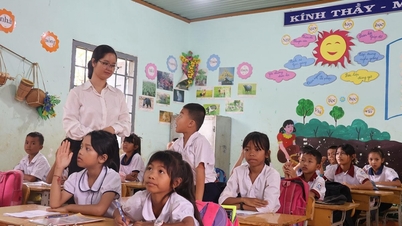

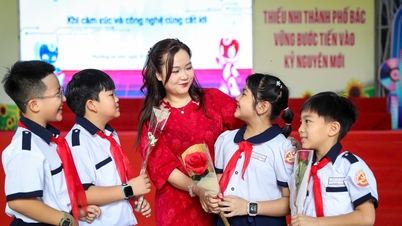

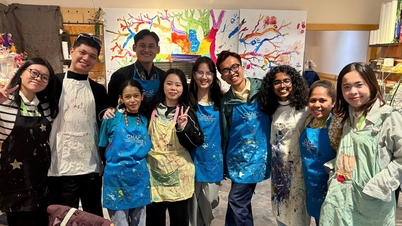







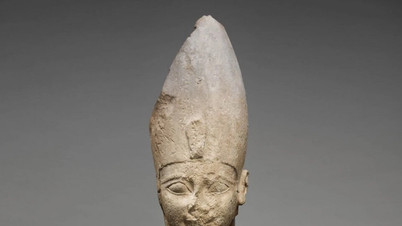
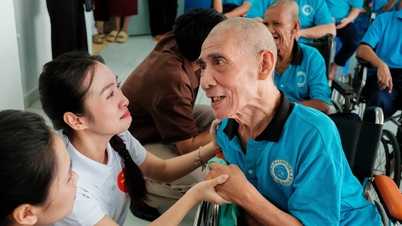


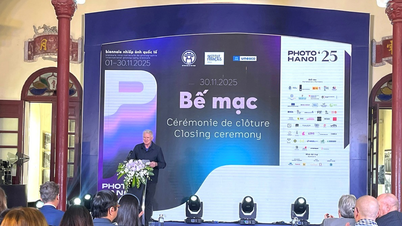






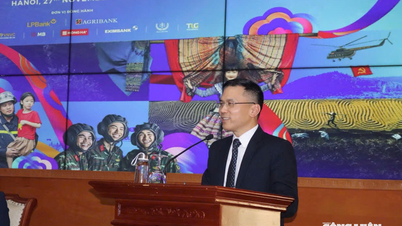

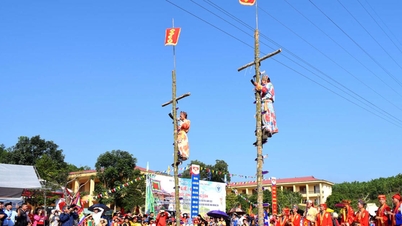
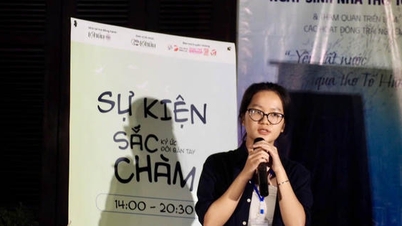
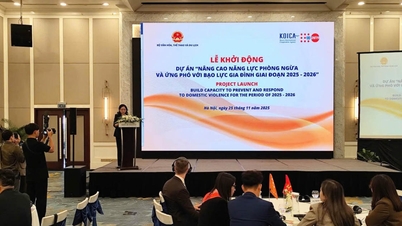






































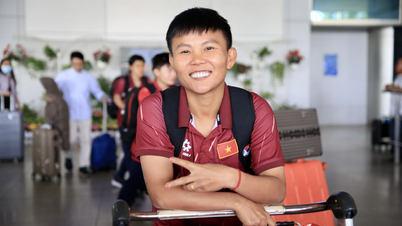
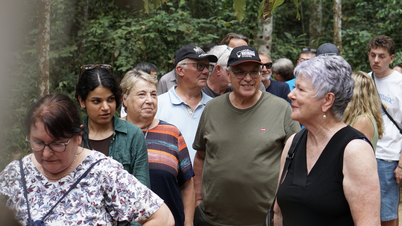



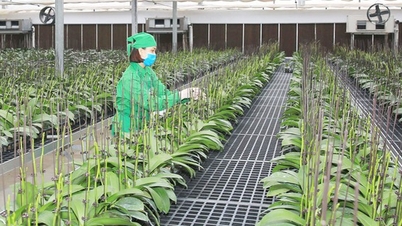




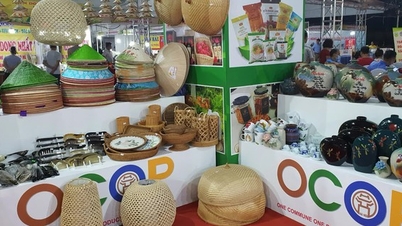




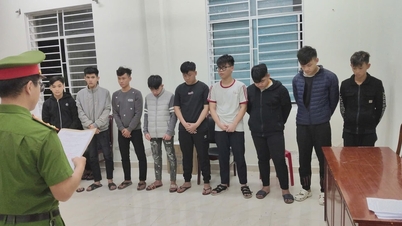
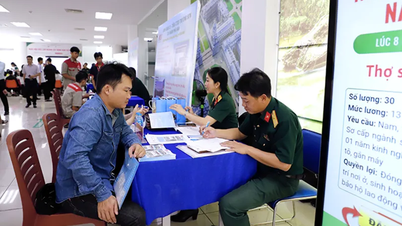











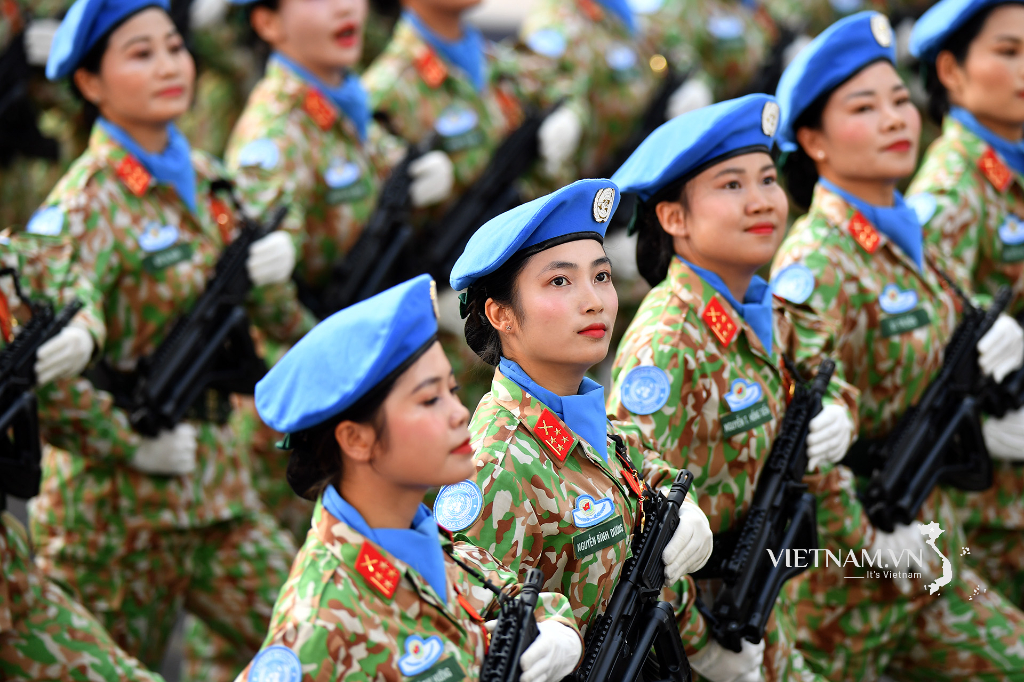


Comment (0)